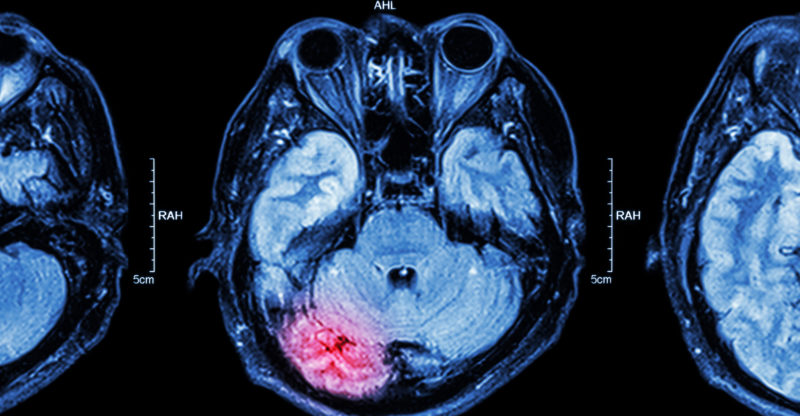Some of us may recall the ‘this is your brain on drugs’ PSA where drug use – including marijuana – was likened to frying your brain like an egg on a hot pan.
A report from 9NEWS has found when it comes to marijuana the opposite may just be true; a recent UCLA study found that patients who had suffered a traumatic brain injury, and had even trace amounts of THC in their system, survive their injuries in greater number than those who had no THC present. The study was done by researchers from the Los Angeles Bio-Medical Research Institute and conducted at the UCLA Medical Center. There, they studied 446 patients who suffered a traumatic brain injury. In a standard drug test, 82 of those individuals had traces of THC in their system. The results were a surprise: of the patients who died from their injuries, 2.4 percent tested positive for marijuana, while 11.5 percent of the patients who died did not.
The study’s lead author, David Plurad, MD, explained his findings;
“Previous studies conducted by other researchers found certain compounds in marijuana helped protect the brain in animals after a trauma. This study was one of the first in a clinical setting to specifically associate THC use as an independent predictor of survival after traumatic brain injury.”
Following these conclusions, Dr. Max Wachtel, a psychologist with 9NEWS, stated, “This is the first study that looked at humans with marijuana in their systems, and what is showed is that it was THC, that psychoactive ingredient—the same thing that gets us high. If you have that in your system during a traumatic brain injury, you are less likely to die from that injury.”
“A person can test positive for THC for up to a month after smoking,” he added. “So, it’s not necessarily that you have to be high when you hit your head in a car for it to work. It’s really just having had it in your system sometime in the last month or so.”
But not so fast; these initial findings don’t mean that it’s advisable for pot smokers to start engaging in risky behavior such as riding a motorcycle without a helmet, or playing hockey with only a baseball hat on. This is just one study that was done on brain trauma patients admitted to the hospital between January 2010 and January 2012, a short period of time for any conclusive evidence.
Or, as Dr. Wachtel says, “We have no idea why THC helped. That is just the way it worked based on this study.”








